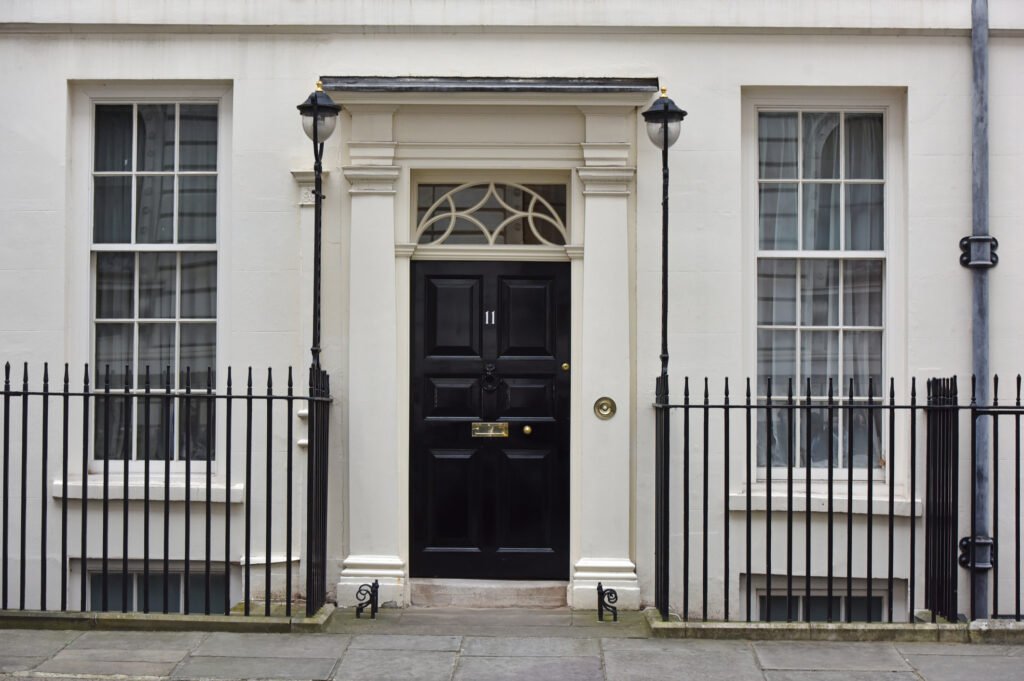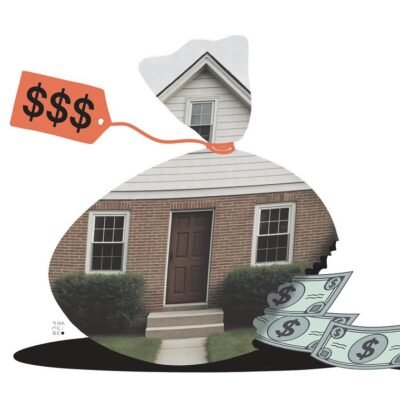“Rebuilding Britain” is one of Labour’s focal points at the moment, putting the housing market firmly on the agenda, but what could the upcoming Budget mean for landlords?
In just less than two weeks, Labour Chancellor Rachel Reeves will deliver her first Autumn Budget statement since the party came into power earlier this year, and the rumour mill has placed the UK property market high on the list of sectors that could see some big changes.
Yesterday, the Office for National Statistics revealed that inflation had fallen to its lowest level in three years, dropping to 1.7% which is below the government’s 2% target. This will be welcomed by many thousands of property owners, as it means an interest rate cut – and subsequent mortgage rate cuts – has become more likely.
In the rental market this week, landlords and property investors are reported to be receiving record high rents outside of London, with the average reaching £1,344 per month – a 5.2% rise. This is as a result of ongoing extremely high levels of demand by tenants for rental homes, boosting yields for landlords.
However, many property investors are now pausing to hear what might be in store for the sector as the Autumn Budget approaches, which will be announced on Wednesday 30th October.
A bold Budget plan?
While the Chancellor has reiterated that there are no plans to increase income tax, national insurance or VAT, Prime Minister Keir Starmer has described the upcoming Budget as “painful”, indicating that there may be some unpopular moves being made by the party.
When it comes to property investment, many in the industry have long since called for a more favourable attitude, particularly for those operating in the private rented sector – and this stretches back for a number of years when the Conservatives were at the helm.
While it seems unlikely at this point that unpopular Section 24 tax changes will be reversed, or that stamp duty will be cut for property investors as a boost to the sector, these are points being raised by the likes of Propertymark and others as measures that could encourage more investment into UK property.
Budget predictions for landlords
- Energy efficiency in the private rented sector: It seems fairly certain that the Budget will include some details on reducing the UK’s carbon footprint, with the property sector already playing a huge part here thanks to building standards changes. Energy secretary Ed Miliband recently confirmed Labour’s plans to tighten the rules, so this is certainly something for property investors to bear in mind for any existing or future investments. Investing in new-build property is one of the most popular and potentially cost-effective ways of ensuring compliance with any upcoming energy efficiency standard changes.
- Capital gains tax: This is probably the most contentious Budget prediction among investors and landlords, although some big changes to the tax had already taken effect under the Tory government, meaning a higher level of CGT is already being paid on the profits of the sale of an investment property. Labour has previously said it won’t make more changes to this tax, but rumours have been circulating in recent days that this could change. However, it is important to note that for long-term property investors, the high yields currently available in the rental sector, alongside strong capital appreciation, mean that property investment is still a lucrative option that generates stronger returns than other asset classes.
- Housebuilding targets: Labour has reinstated minimum housebuilding goals for the UK, but on a much more targeted basis, in a bid to give a boost to the areas with the highest need – and this could have the most positive impact on the North and the Midlands. The reason this could be important to property investors and landlords is that, in recent years, the strongest returns have been found in the property markets of these regions (particularly the North West), so a regeneration boost could see even greater gains in these locations. The Budget is likely to include more information related to this.
- Inheritance tax: Rumours of inheritance tax changes seem largely based on the assumption that, because Rachel Reeves has ruled out income tax, VAT and national insurance hikes, there are few other places to claw back money from. This tax is paid when the value of an estate, including property, is worth more than £325,000, with the tax being deducted from the portion that exceeds this amount. However, at the moment, there are numerous reliefs and options available to reduce the bill, and it is this that is rumoured could be targeted, rather than the tax itself. If changes do come into effect, investors could seek the advice of a professional to find out what reliefs are open to them.
Until the Budget is announced, it is impossible to know exactly what is in store for property investors and landlords. However, the long-term strength of the UK housing market combined with extremely high appetite for rental homes from tenants puts the sector in good stead to weather any outcome.
If you’re looking for your next property investment opportunity, get in touch with BuyAssociation today. You can also keep up-to-date with all your property market updates on our news page.





